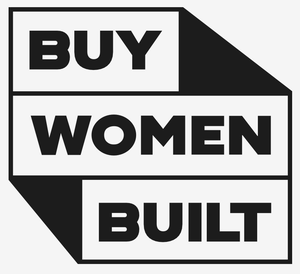Around 3.7 million people are suffering and living with diabetes here in the UK, a number which has multiplied in the last 20 years. 90% of those diagnosed, living with type 2 diabetes, 8% with type 1 and 2% have unusual forms of diabetes.
Type 2 diabetes in London is developing faster than anywhere else in the country, and it is thought that around 1,40,000 residents of London are yet to be diagnosed.
As more people are diagnosed, the NHS is under more pressure and has been criticized for not providing enough care. Leaving so many people waiting on one of the most essential points of diabetes, foot care.
The Footlift London Foot Specialists are committed to helping you with diabetic toenails care. We acknowledge the particular problems that come with diabetes, and our expert team is devoted to providing the necessary foot care you need. Don’t wait! Allow us to help you keep your feet healthy and comfortable!

People with diabetes are especially vulnerable to foot problems. Increased blood glucose levels, also called blood sugar can spoil the sensation in your feet.
This can also impact your circulation which can give rise to getting less blood supply to your feet. Without an adequate blood supply, you may have trouble with cuts and sores healing. You may also get discomfort and pain in your legs or feet.
If you don’t take action on the foot problems immediately they could give rise to foot ulcers, infections and at worst, amputations.
Our foot care professional will take complete medical, medication & lifestyle history if you are visiting the clinic for the first time, or review it if you have visited before. All your details and information are taken in a private room and uploaded to our secure database for your privacy and security.
Before we start any treatment, our footcare specialist will undertake a visual, physical and neuro-vascular evaluation of your feet to gauge the progression of diabetes on your foot health. If needed, a treatment plan will created to keep you risk and pain-free.
Once you and our specialist have agreed on the treatment plan, your problems will be treated in a clean environment, with sterile instruments (if required) together with ultra-modern technology so we can offer a great quality of care in line with result-based medicine.
The existence of high blood glucose levels for a long time can give rise to nerve damage (neuropathy) and diminish blood flow to the feet. As a consequence, feeling pain or healing an injury holds a risk, and may cause lower limb amputation.
Due to the absence of feeling it can also be challenging for a patient to care for their feet as the time passes.
For instance, someone who is living with diabetes and is getting foot care would be suggested to wear comfortable shoes which rub and cause pain, however, an unidentified diabetic may not feel the pain and continue to ignorantly cause harm. Correspondingly, walking shoeless or with sandals holds a risk of direct injury.
On that account, diabetics are suggested to check their feet regularly, and have a full clinical examination at least one time in a year from a skilled podiatrist.
The two main problems for diabetic feet are:
1. Diabetic foot ulcers (often caused by small injuries or pressure)
2. Charcot Neuropathy – this happens when many bones in the foot break, leading to a misshapen foot.
If you notice any of these issues, you should visit your podiatrist as soon as possible.
Every year, between 20,000 and 30,000 people have lower limb amputations because of diabetes. Most of these amputations—80%—happen due to ulcers and foot infections that don’t heal.
Taking care of your feet is very important to stay independent. If you have a disability, not caring for your feet can give rise to more serious health problems.
It may seem frightening but it is inescapable, keeping your feet healthy and visiting a foot clinic once a year will help you minimize diabetic problems.

We specialise in foot care treatments for common foot complaints, gait analysis, orthotic customisation for footwear.

Copyright © 2025 Footlift. Developed & Designed By ProManage IT Solution
Copyright © 2025 Footlift. Developed & Designed By ProManage IT Solution